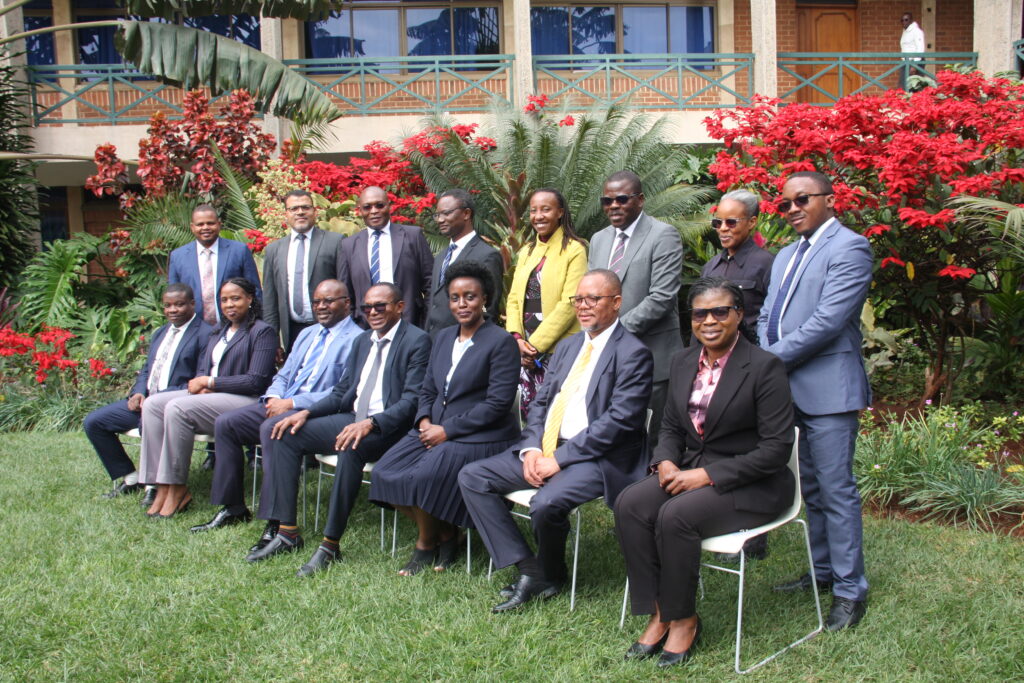
COMESA Member States have fallen short of achieving the macroeconomic convergence targets set for Stage 1 (2019-2025), raising questions about the region’s readiness to advance to Stage 2 of the revised COMESA macroeconomic framework.
The COMESA Monetary Institute (CMI) convened a high-level meeting on July 10 and 11 in Nairobi, bringing together experts from research departments and central banks across Member States. The purpose was to critically examine progress towards the convergence benchmarks. The meeting also aimed to determine whether the region is prepared to transition to the next phase, scheduled for 2026-2030, all while aligning with the African Monetary Cooperation Programme (AMCP) of the Association of African Central Banks (AACB).
In his opening remarks, Dr. Lucas Njoroge, Director of CMI, emphasized the urgency of the assessment. “As we approach the end of Stage 1 in December 2025, we must advise Governors whether to proceed to Stage 2 or consider extending the current period to ensure stability and compliance,” he stated.
The meeting reflected on the implementation of the New Macroeconomic Convergence Criteria, introduced in 2019 following a successful revision by a team of Experts that completed the task in 2018 in Nairobi. The convergence program is structured into three stages: Stage 1 (2019-2025), Stage 2 (2026-2030), and Stage 3 (2031-2035). However, global shocks—including the COVID-19 pandemic, the Russia-Ukraine conflict, and climate change-related disruptions—have significantly hampered progress.
A review of regional economic performance revealed a mixed picture. While some countries met certain convergence targets, none consistently achieved all criteria throughout the assessment period. The findings suggest that the region’s overall progress remains uneven, with notable gaps in fiscal targets.
The meeting highlighted that central bank-related criteria have generally performed better than fiscal indicators, indicating that fiscal policies are a major challenge to convergence. Consequently, participants recommended reactivating the joint forum of Finance Ministers and Central Bank Governors to enhance coordination of fiscal and monetary policies—an essential step toward preparing the region for a single currency and deeper economic integration.
Furthermore, the meeting underscored the need for accelerated implementation of the Stage 1 activities under the COMESA Multilateral Macroeconomic Surveillance Programme. This initiative aims to strengthen monitoring and compliance mechanisms, ensuring member states meet convergence benchmarks more effectively.
The Nairobi gathering underscored the pressing need for Member States to address fiscal vulnerabilities and reinforce policy coordination. The outcome will inform whether the region is ready to advance to Stage 2 or if extensions are necessary to achieve the convergence objectives that underpin COMESA’s broader integration ambitions.

